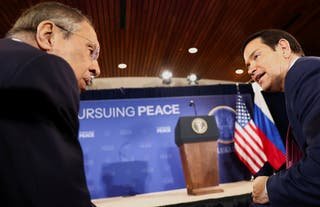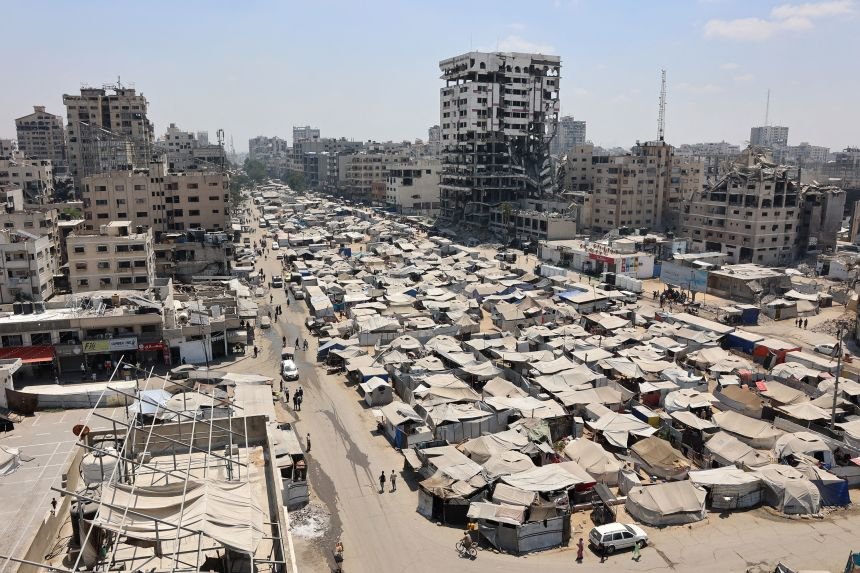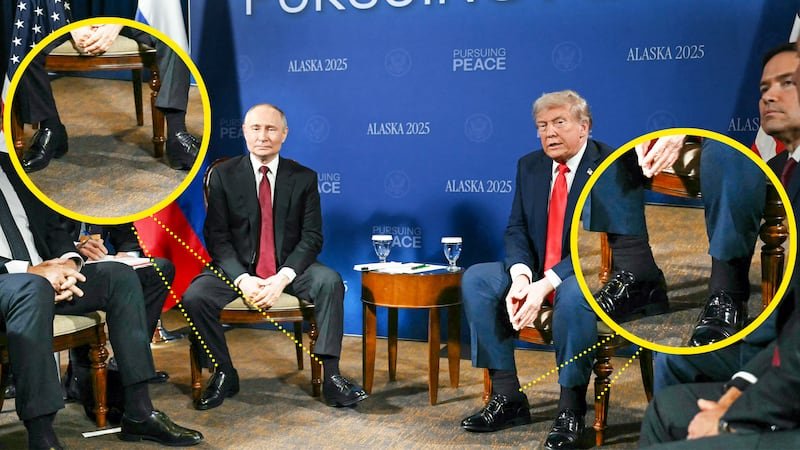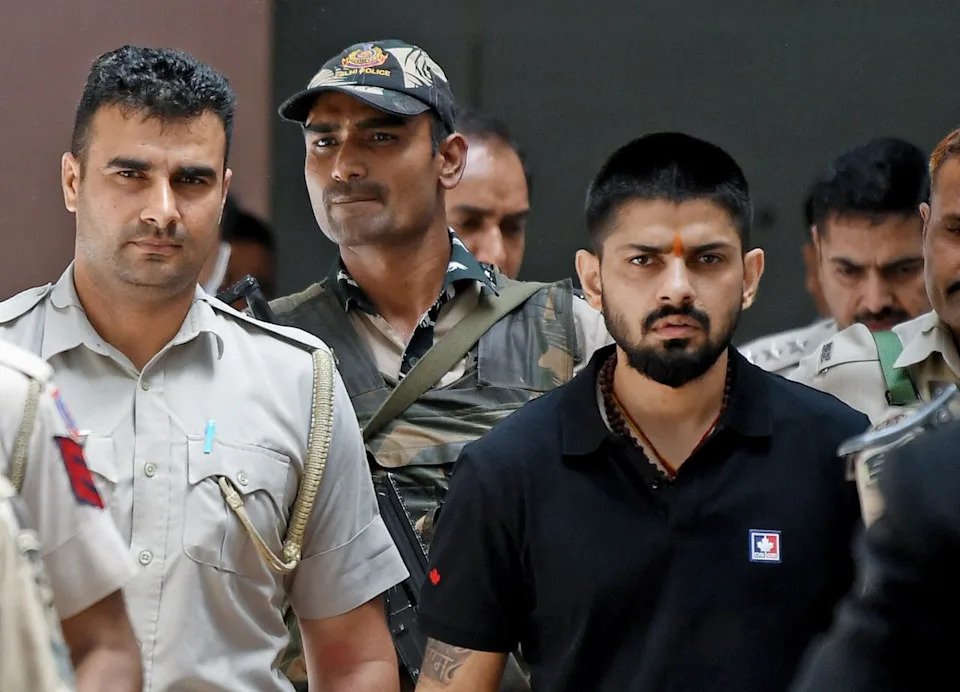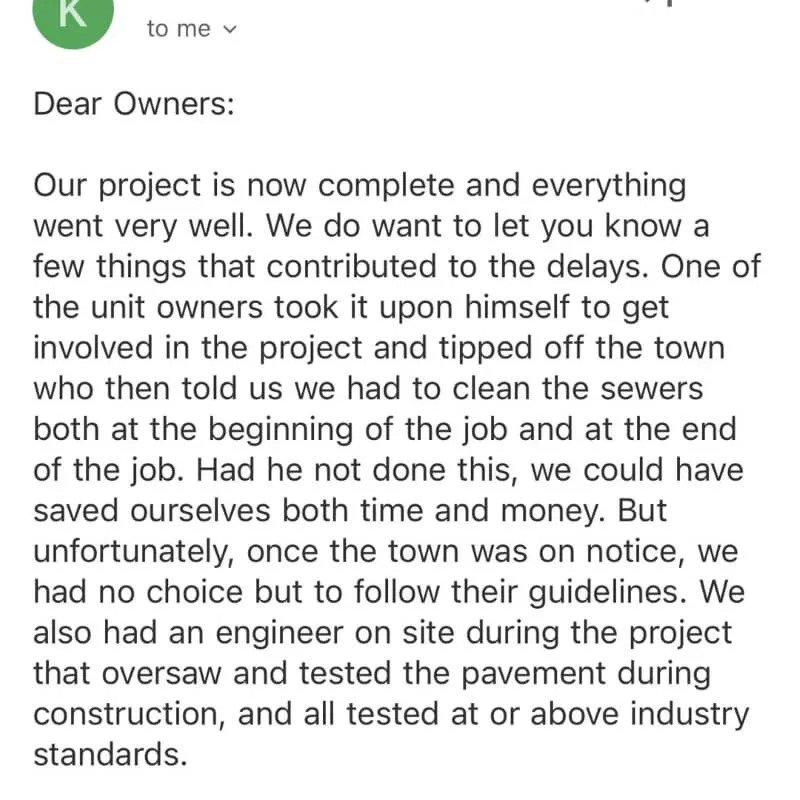While sitting beside Ukrainian President Volodmyr Zelensky in the Oval Office, Donald Trump once again boasted of ending “six wars” in as many months – without negotiating a single ceasefire.
“If you look at the six deals that I settled this year, they were all at war. I didn’t do any ceasefires,” Trump said before turning to Zelensky, adding: “I don’t think you need a ceasefire.”
Since his trip to Scotland last month, Trump has repeated multiple times a version of his claim that he’s ended wars “at about one a month,” according to PolitiFact. Earlier Monday, the president posted on Truth Social that in one case, he had averted a “possible unclear disaster.”
By Tuesday morning, Trump told Fox & Friends that his administration had “solved seven wars,” though the president did not elaborate on which conflict he was now including in his list. The Independent has reached out to the White House for clarification on Trump’s claims.
The White House previously lauded Trump as the “peacemaker-in-chief,” and the president has styled himself as the “president of peace.”
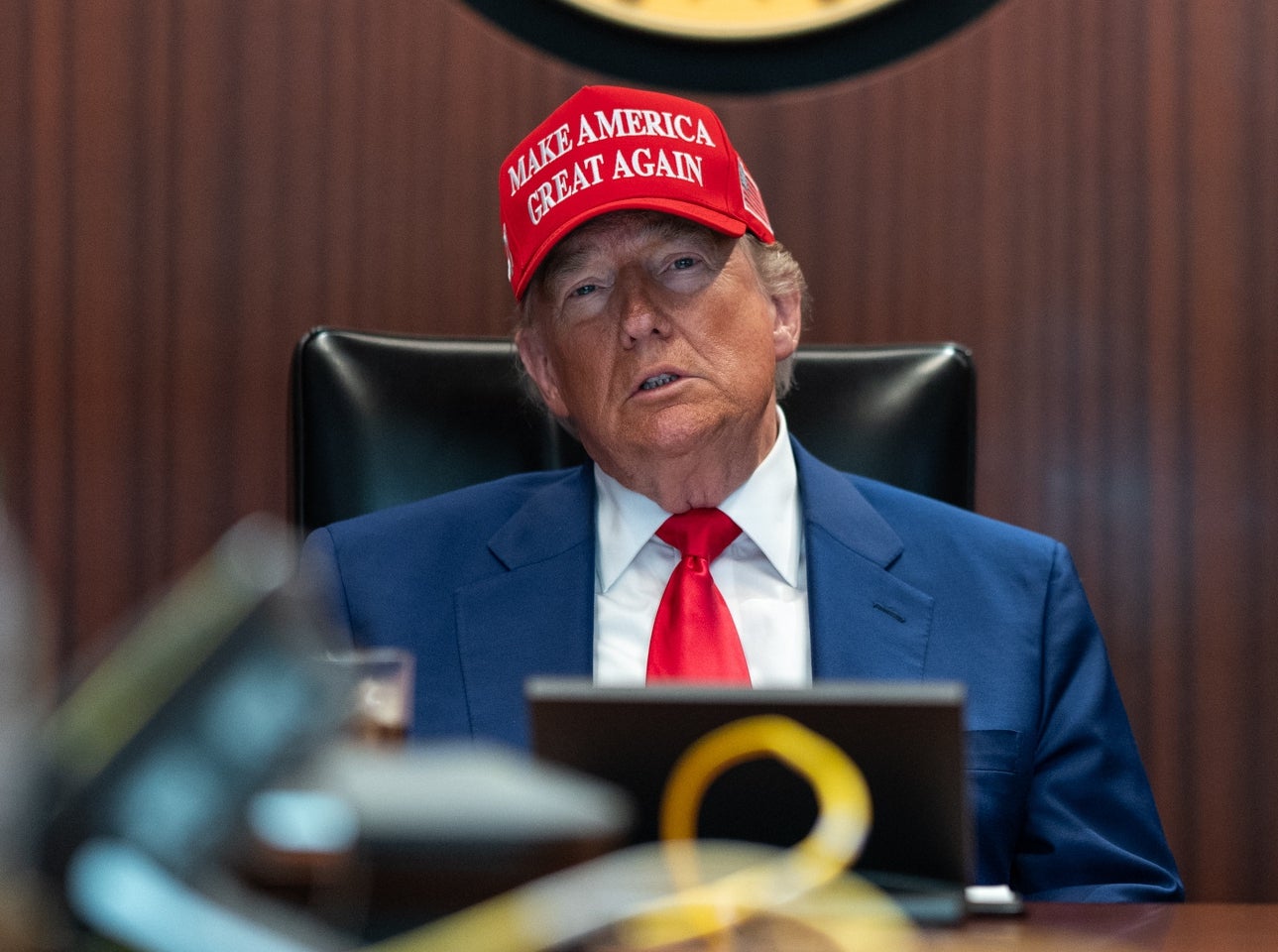
Meanwhile, the commander-in-chief has openly signalled his ambitions of winning a Nobel Peace Prize despite campaigning on a largely non-interventionist platform.
Are Trump’s claims of halting hostilities credible or an embellishment of the truth? The Independent takes a closer look at the president’s peacemaking record.
Israel and Iran
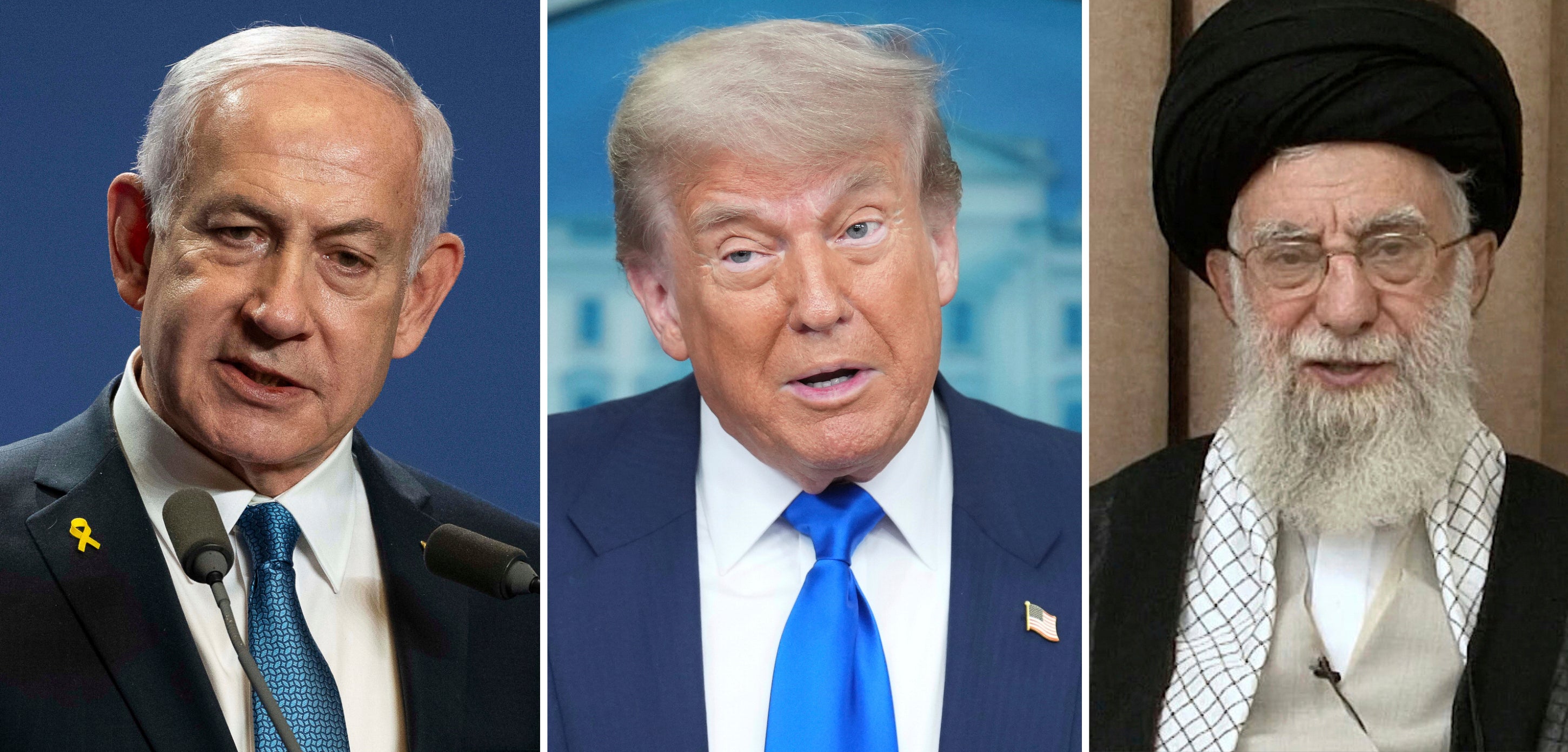
Approximately three days after launching Operation Midnight Hammer, Trump told NATO leaders that his administration “just ended a war in 12 days that was simmering for 30 years.”
On June 23, the major Iranian uranium enrichment sites, Fordow and Natanz, and the research base of Isfahan faced a wave of U.S. bunker buster bombs and Tomahawk cruise missiles, which Trump claimed left the facilities “obliterated.”
The U.S. intervened in the conflict on June 21 after Israel launched a surprise attack eight days earlier on Iranian nuclear facilities, missile strikes, and military infrastructure. Iran responded with a wave of missile and drone strikes at Israeli army bases and cities.
On June 23, Trump declared on Truth Social that Israel and Iran had reached a “Complete and Total CEASEFIRE,” which was mediated by the U.S.
While Trump’s actions against Iran’s nuclear program may have curtailed immediate strikes, it is not possible to claim to have secured lasting peace, with tensions in the region remaining high.
India and Pakistan
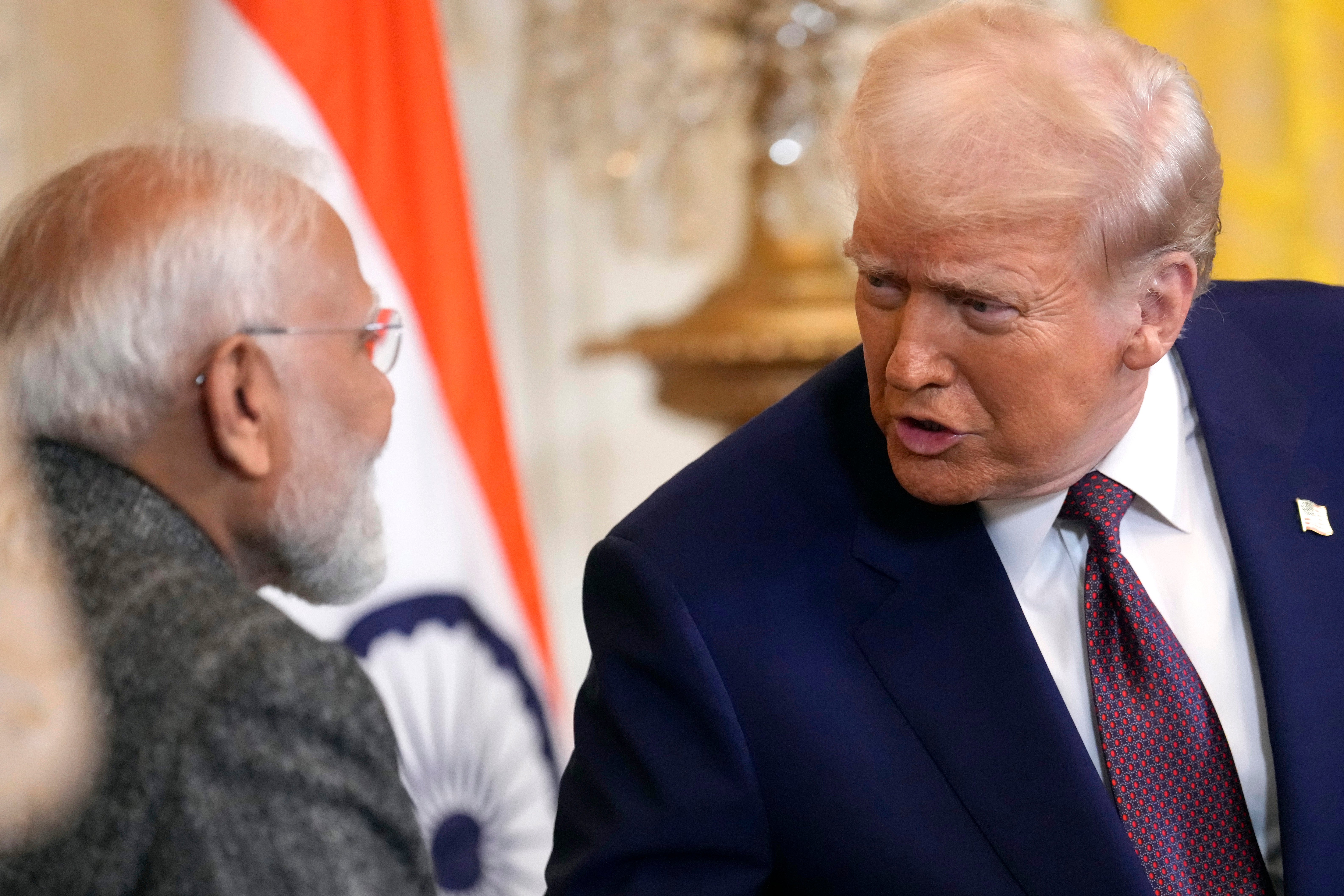
The brief but deadly military exchange between India and Pakistan that began on May 7 reignited long-standing tensions over the disputed region of Kashmir.
It drew a surprise offer of mediation from Trump, who said he could help find a “solution” to the Himalayan region that is claimed by both nations.
“We also appreciate President Trump’s expressed willingness to support efforts aimed at the resolution of the Jammu and Kashmir dispute,” said the Pakistani government.
By contrast, India remained publicly silent while reinforcing its view that Kashmir is an internal matter.
Major General Rameshwar Roy, a retired Indian Army officer, dismissed Trump’s offer outright, calling it irrelevant and intrusive and telling The Independent in May that it was a “bilateral agreement” reached without U.S. involvement.
Indian Foreign Secretary Vikram Misri doubled down in June that Indian Prime Minister Narendra Modi told Trump there was “no U.S. mediation between India and Pakistan.”
Thailand and Cambodia
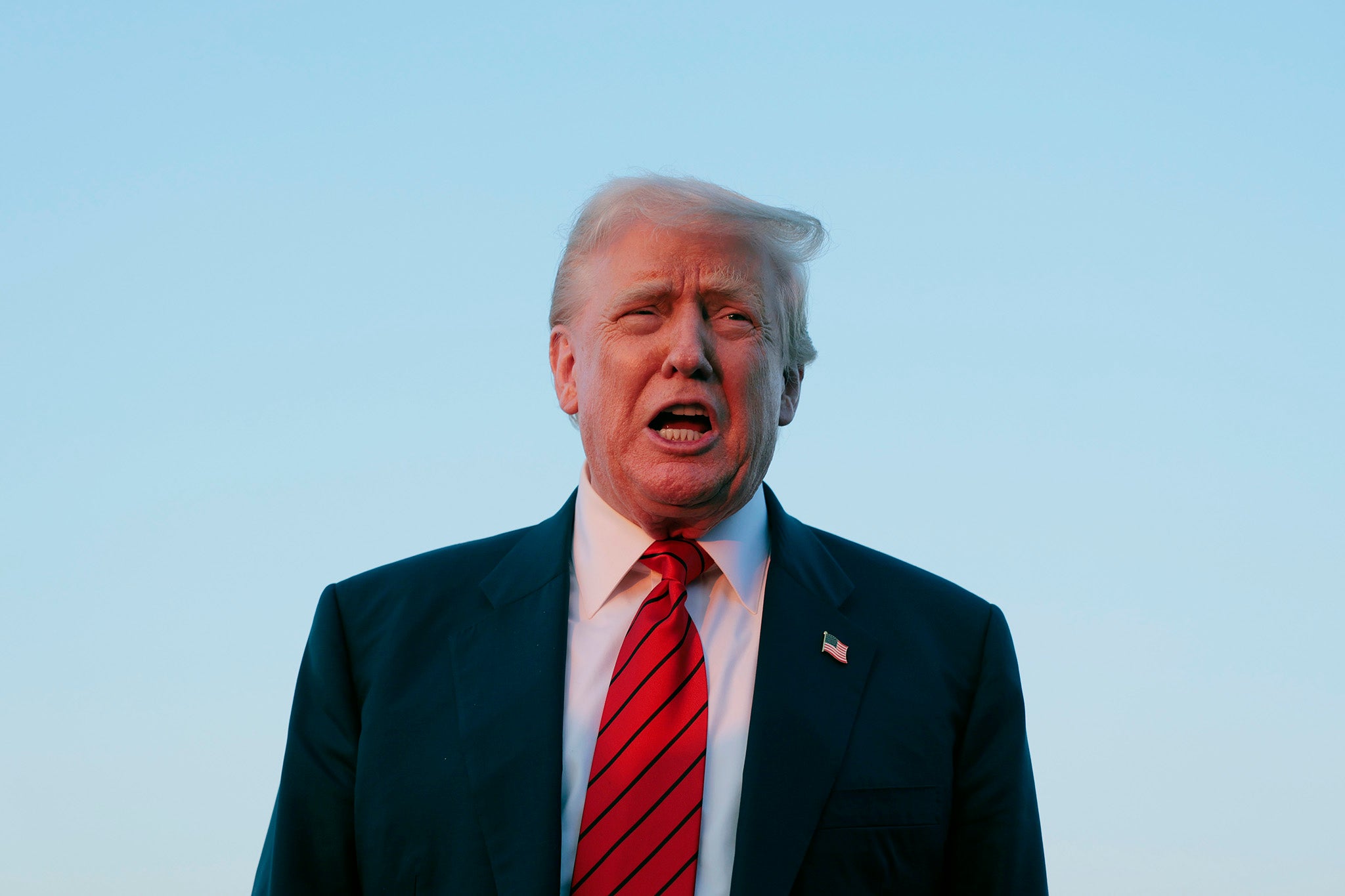
On July 26, Trump said he was calling the leaders of Thailand and Cambodia to urge a ceasefire after three days of intense border fighting.
A truce between the nations, brokered by Malaysian Prime Minister Anwar Ibrahim, was reached on 28 July after Trump said he had spoken to the leaders.
Trump leveraged his most powerful economic weapon: tariffs. He said he threatened to derail existing trade deals that had been brokered with the two countries if the fighting persisted.
Just days later, Cambodian Prime Minister Hun Manet had nominated Trump for the Nobel Peace Prize, lauding his “extraordinary statesmanship” in halting the border conflict with its neighbor.
However, foreign policy experts caution that there is no evidence that the president personally negotiated or directly brokered a ceasefire between the two countries. Reports indicate that the fragile truce has been violated multiple times, with both sides accusing each other of breaches.
Egypt and Ethiopia
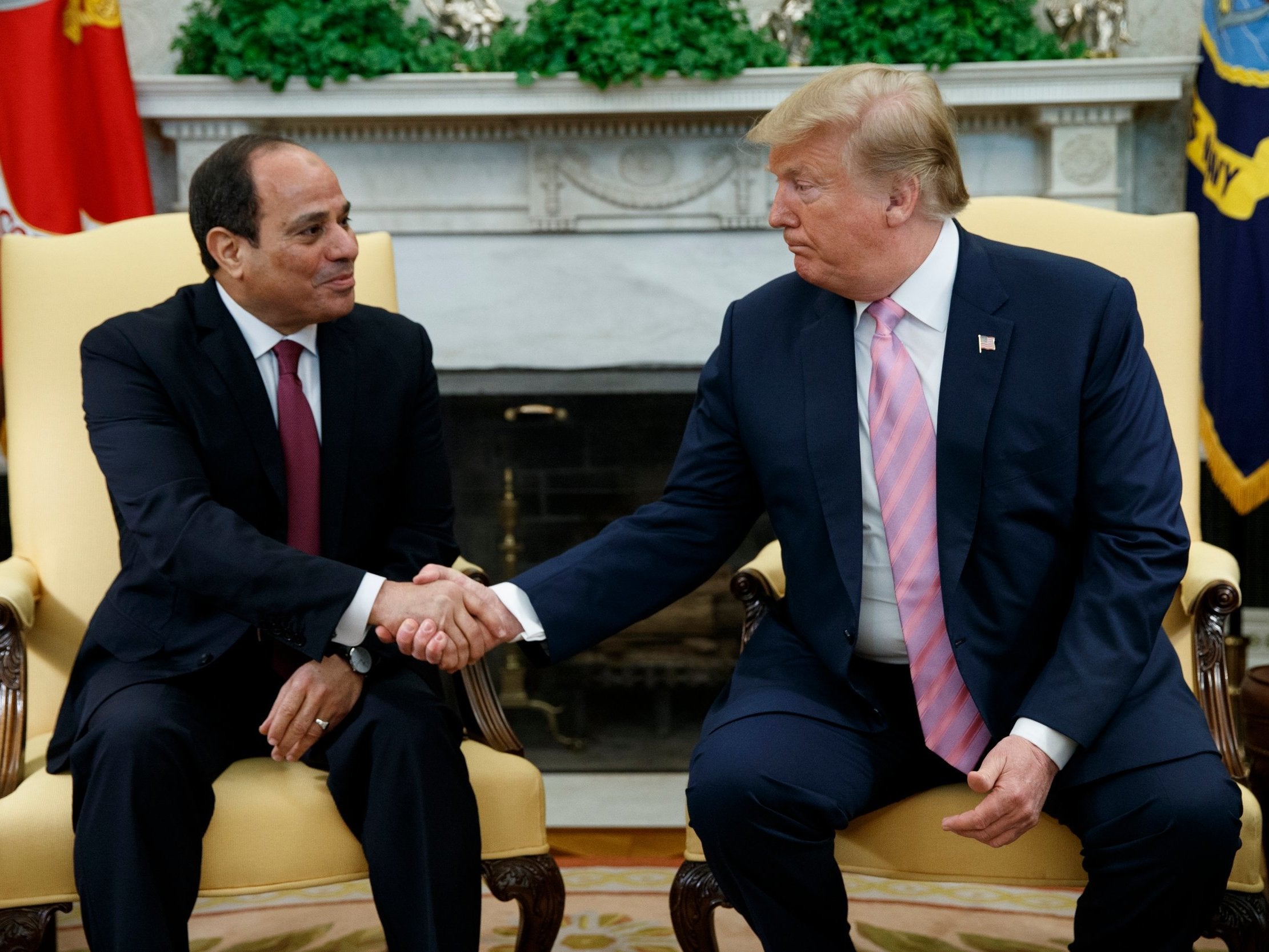
After 12 years, Egypt’s Foreign Minister Badr Abdelatty said on June 29 that talks with Ethiopia over the Grand Ethiopian Renaissance Dam on the River Nile had ground to a halt.
Days later, Ethiopia said its GERD was complete. While a full-scale conflict did not erupt, Egyptians remained wary that the mega dam could restrict the flow of the Nile, which provides 90 percent of the country’s total water supply.
In a White House meeting on July 14, Trump appeared to side with Egypt, claiming that it would be “pretty incredible” if its water source were to be taken away. He said that the U.S is “going to have that solved very quickly.”
President Abdel Fattah el-Sisi, a Trump ally, said in a social media statement that the country appreciates Trump’s “keenness on reaching a just agreement” and supports the president’s global “vision of establishing just peace, security, and stability.”
Ethiopian officials and experts warned that Trump’s remarks risked aggravating the situation and undermining Ethiopia’s right to utilize its natural resources. And any progress, they argued, is mainly attributable to ongoing multilateral negotiations, not Trump’s intervention.
Serbia and Kosovo
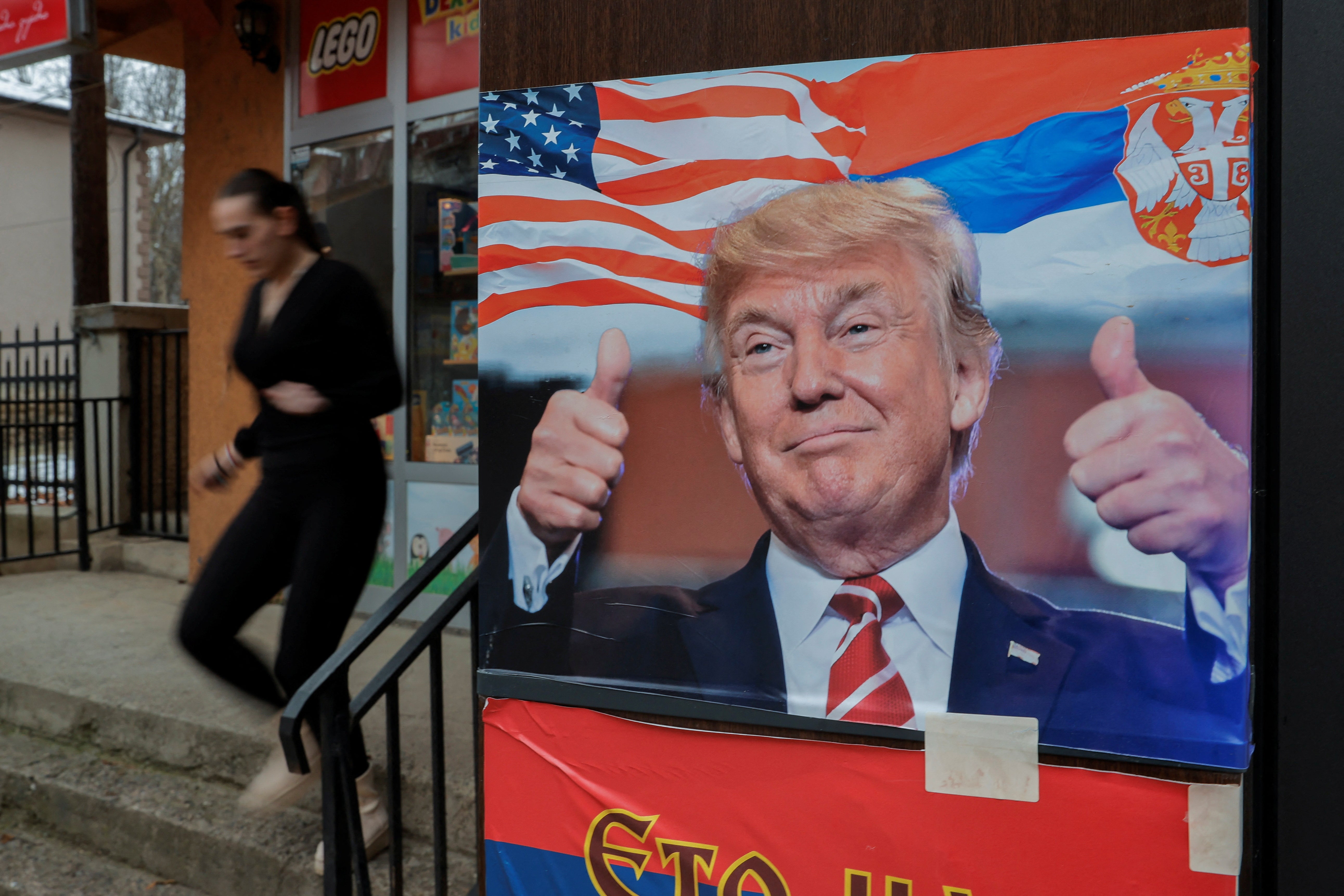
At an Oval Office press conference on June 27, Trump declared that Serbia and Kosovo were on the brink of war – until, he said, his administration was “able to stop it” by again threatening trade sanctions.
Trump said he had a “friend in Serbia” who alerted him that “we’re going to go to war again” with Kosovo, without providing further details.
Kosovo President Vjosa Osmani said on July 10 that Trump prevented a potential escalation “from Serbia.”
Serbian President Aleksandar Vučić denied the claims of warmongering and said on July 12 that a conflict with Kosovo “does not even occur to us.”
After the breakup of Yugoslavia, tensions between the two nations peaked between 1998 and 1999 when the countries were at war, which ended with NATO intervention. Friction has persisted since Kosovo declared independence in 2008.
Rwanda and the Democratic Republic of Congo

On June 27, foreign ministers of Rwanda and the Democratic Republic of the Congo flew to Washington, D.C., to sign a controversial peace deal brokered by the U.S. to end fighting in eastern DRC.
The agreement also allows for U.S. investment in eastern DRC’s critical mineral reserves, including gold, copper, and lithium.
Flanked by Vice President JD Vance, Secretary of State Marco Rubio, and delegates from both nations in the Oval Office, Trump called the peace treaty “a glorious triumph.” Congolese President Félix Tshisekedi, however, claimed the “diplomatic success” as his own.
Foreign policy experts said the agreement is significant but part of a broader picture of broken contracts between the countries.
A week earlier, Trump teed up the treaty he said he and Rubio arranged in a bid to put an end to the decades-long war between the two nations.
“This is a Great Day for Africa and, quite frankly, a Great Day for the World! I won’t get a Nobel Peace Prize for this,” he wrote on Truth Social on June 20.
In his meandering post, Trump also noted that he wouldn’t be awarded the prize for “stopping” wars between India and Pakistan, Serbia and Kosovo, Egypt and Ethiopia, and for “doing” the Abraham Accords in the Middle East.
“No, I won’t get a Nobel Peace Prize no matter what I do, including Russia/Ukraine, and Israel/Iran, whatever those outcomes may be, but the people know, and that’s all that matters to me!,” he said.

